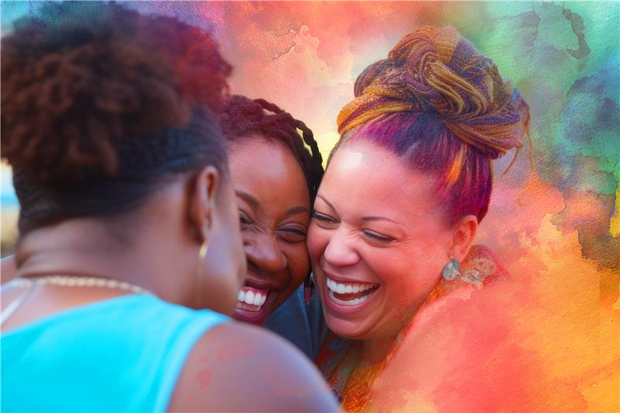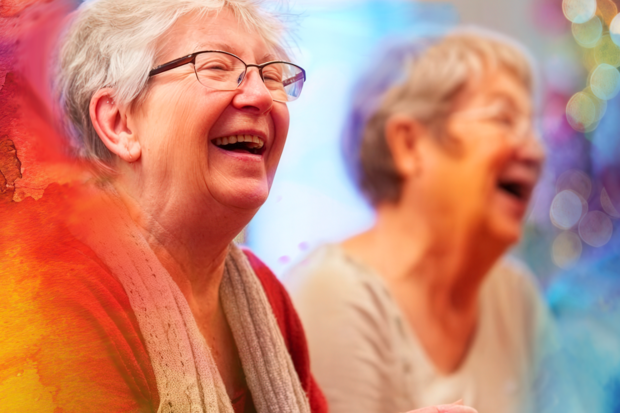Feelings of isolation & loneliness are not unusual
Feeling disconnected is a common part of being human, even when you're surrounded by people. 57% of all Americans reported feelings of loneliness in 2025 (Loneliness in America).
Sometimes solitude is a good thing. It can provide needed space to rest and recharge. Other times it can feel prolonged and unwanted, affecting both your mental and physical health. Feelings of loneliness can increase stress, lower mood, impact work and productivity, and make it harder to reach out for support and connection.
But even if you’re feeling lonely, you are not alone.
Loneliness is often shaped by things we can’t control, such as major life changes, family responsibilities, language or cultural barriers, mental or physical health challenges, or a lack of access to places we can go to be social. However, there are things you can we can do to build connection.
Finding connection and community
Connection often starts with small moments. Consider the following options and try what feels right for you.
- Reach out to someone you trust - send a text asking how someone’s day is going, share a meme you enjoy, or invite someone out for a walk or activity.
- Join a group or activity - try a class, sports team, book club, or community group to meet people with shared interests or discuss topics you enjoy.
- Spend time in shared spaces - sit in a park, read at a café, or visit your local library.
- Volunteer or give back - especially for a cause or community that matters to you. Some people find that helping others builds purpose, connection, and a sense that they matter.
- Talk with a supportive provider - if loneliness has been lasting or impacting your life in a negative way, consider talking with your doctor or calling the Behavioral Health Help Line (BHHL) at 833-773-2445 to find supportive resources.
- Explore what brings you joy - for some people this might be creative outlets, cultural or spiritual communities, or spending time with people who share their interests. If you don’t know where to start or an activity doesn’t feel good anymore, consider trying something completely new.
- Be a good neighbor – Massachusetts Good Neighbor Day invites people of all ages and backgrounds to show up for their communities - with a wave, a favor, or a simple hello. Connection can start with the smallest gesture between neighbors. Good Neighbor Day is officially celebrated in September but the movement lasts all year.
Take action to end loneliness in MA
The Coalition to Build Community & End Loneliness brings together people and organizations across Massachusetts who believe everyone deserves to feel connected and supported. Their work promotes wellbeing and social connection through kindness, belonging, and community-led action.
“To ensure all residents of the Commonwealth feel connected to their community and enjoy a strong sense of social health. ”
Visit EndLonelinessMA.com to see how you can join or host community events (like potlucks, block parties, music or movie nights, interactive art shows, scavenger hunts, community walks or picnics, cleanups, front-porch gatherings, or intergenerational get-togethers), learn about more initiatives like Good Neighbor Day, or sign up to help build a more connected Commonwealth.

